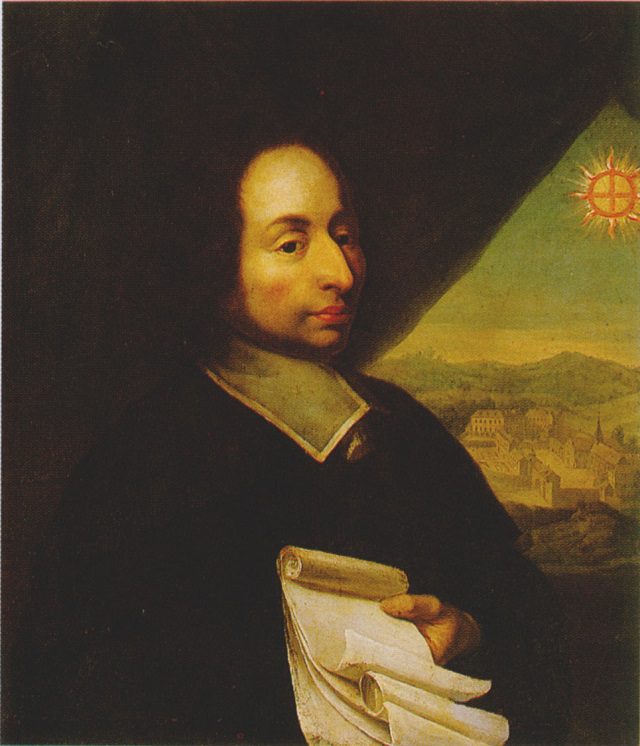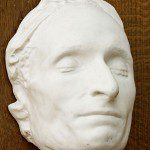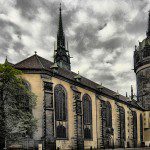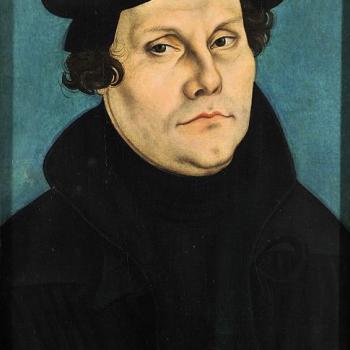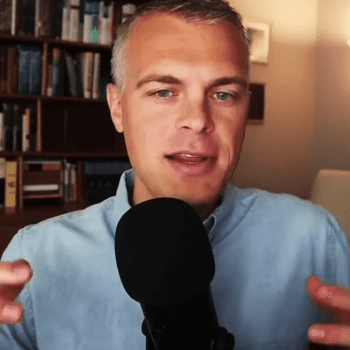(12-29-11)
***
There is then a great number of truths, both in faith and morals, which seem antagonistic, and yet harmonize in admirable order.
*
+ 1st Example. Christ is God and man. The Arians, unable to combine these things, which they hold to be incompatible, say, he is man : therein they are orthodox. But they deny him to be God: herein they are heretical. They pretend that we deny his humanity: therein they show their ignorance.
*
+ 2d Example. Respecting the Sacrament:—We believe that the substance of the bread being changed, and being consubstantially in that of the body of our Lord Jesus Christ, it is really present in it. This is one truth. Another is, that this sacrament is also one of the types of the cross and the glory, and a commemoration of both. This is the Catholic faith, which comprehends the two truths seemingly opposed to each other.
*
The modern heretics, not understanding that this sacrament contains both the presence of Christ and its type, and that it is both a sacrifice and a commemoration of a sacrifice, believe that the one of these truths cannot be admitted without necessarily excluding the other.
*
They make their stand upon this one point,—that this sacrament is figurative; and therein they are not heretical. They think we exclude this truth; and thence it is that they bring so many objections to the passages in the Fathers which affirm it. Lastly, they deny the presence; and in that are heretics. . . .
*
— Therefore it is that the shortest way to prevent heresies is to instruct men in every kind of truth ; and the surest way to refute them, is to declare it as universally. . . .
*
+ The error they all fall into, is the more dangerous, from each pursuing one truth: their fault is not in adopting falsehood, but in not embracing the countervailing truth.


